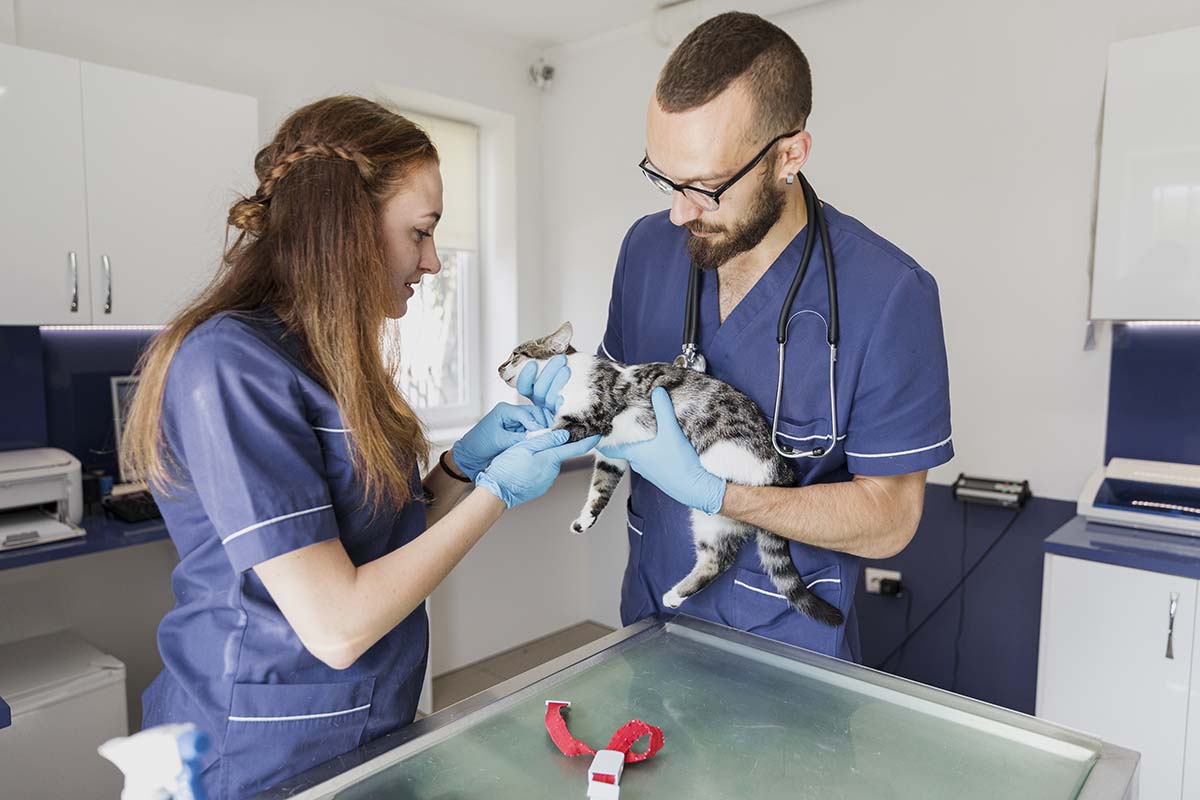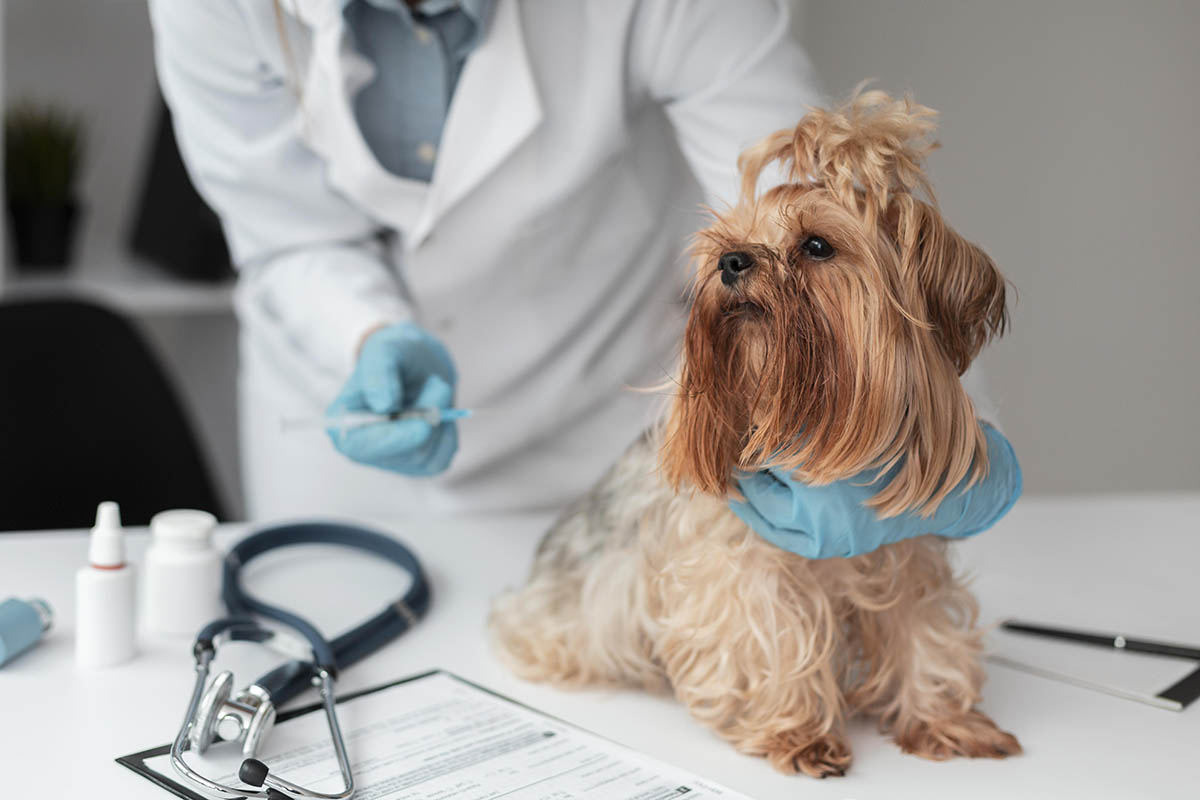Becoming a Veterinarian
If you are passionate about animals, becoming a vet may be the perfect career choice for you. Here is some basic information about becoming a vet, what veterinarian jobs involve, and how to pursue them!
Becoming a Veterinarian: Types of Vet
Within the veterinary profession, there are many different specialisms. These can include dentistry, equine, emergencies, surgery, and large animals. Once you are a licensed vet, you can choose to specialize and become certified in a specific area of veterinary practice.
Many vets work with companion animals and offer a wide range of services, such as easyvet Morristown, which provides vaccinations and microchipping services, as well as general treatments for common illness and injuries, as well as emergency cases.
What do they do?
Generally, vets diagnose illnesses, treat injuries, prescribe medications, perform surgery, give vaccinations, and provide owners with healthcare recommendations for their pets and animals. Veterinarian may also offer services in various areas and environments, including private practice, public health, teaching, and research.
Becoming a Veterinarian: Is it for you?
As well as the technical skills you will need to be a vet, there are certain characteristics and traits that will help you pursue this career. Communication is very important, as you will need to talk with various people, from owners to other veterinary practitioners, concisely and efficiently. You will also need to communicate medical needs clearly to members of the public to make sure they fully understand their animals’ health requirements.
Critical thinking and problem-solving are other useful skills for a vet to have, as no two days will be the same. You will have to think on your feet and work with uncooperative animals. Understanding animal behavior and anatomy is another important part of being a vet, and these skills will be developed during your many years of training and education.
How can you become one?
Most veterinary schools require you to have a bachelor’s degree with some science courses such as biology or chemistry. While earning your bachelor’s degree, you can do many things to build your experience and skills. Volunteering on programs or internships in the veterinary field can give you valuable hands-on experiences and allow you to see what your veterinarian’s life is really like.
You will then have to complete a Doctorate in Veterinary Medicine, which generally takes four years and involves animal anatomy and physiology, clinical studies, externships, and research projects. Once you have graduated, you need to become licensed. To do this, you must complete the North American Veterinary Licensing Exam, as well as any other exams your state may require.
Once you are licensed, you can gain experience and even choose to specialize in a certain field. To be eligible for certification in a specific field, you must complete a residency or additional education. There are also many national and state associations for veterinarians that you can become a member of. Becoming a vet is a very demanding process but can be incredibly rewarding and allow you to work in your desired field.




















